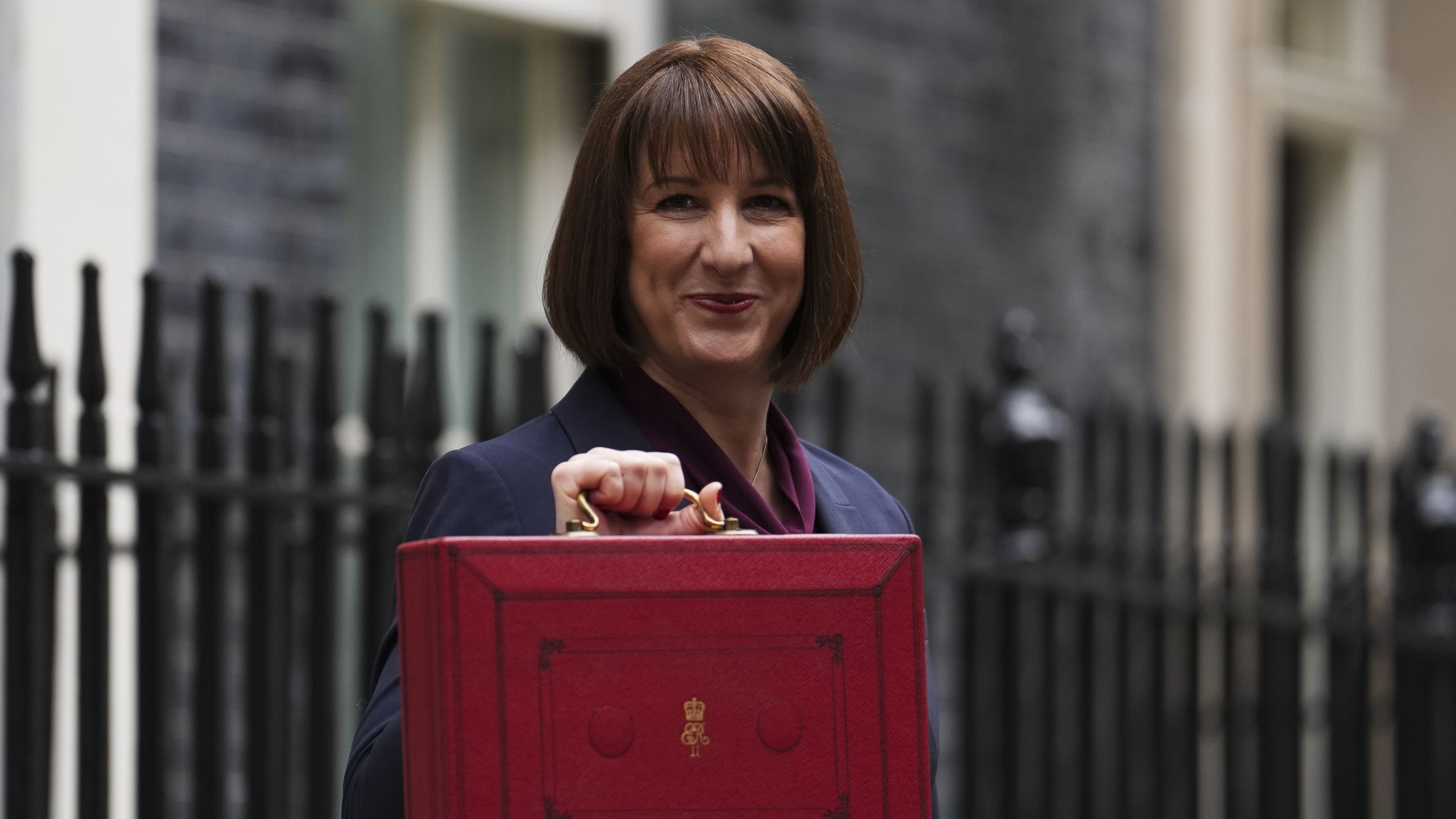
Labour's Budget Challenge: Reeves Calls on Badenoch to Back Public Investment
In recent developments, Labour has set forth a bold challenge for the newly appointed Conservative leader, Kemi Badenoch, urging her to support substantial new investments in public services and higher taxes to fund these initiatives. Chancellor Rachel Reeves has laid out a comprehensive budget that introduces £40 billion in tax increases, alongside adjustments in borrowing rules aimed at enabling additional capital investment in crucial areas such as healthcare, education, and infrastructure. This move has triggered significant political debate as both parties take distinctly opposing stances on economic policy and public services.
Rachel Reeves's budget, announced on Wednesday, prioritizes expanded investment in public services, marking a departure from austerity-driven approaches of the past decade. By advocating for targeted tax increases and elevated borrowing limits, she aims to reduce public sector waiting lists, improve education by increasing teacher recruitment, and build critical infrastructure. This plan, however, has been met with mixed reactions across political and business communities, with some praising its ambition while others raise concerns about potential impacts on the business environment.
Also Read:- Kamala Harris and Maya Rudolph’s Hilarious SNL Sketch Adds Levity Amid Intense Election Season
- Bob Geldof Celebrates 40 Years of Live Aid Legacy with Australian Tour
Meanwhile, Kemi Badenoch, having recently won the Conservative leadership race, has yet to outline specific policy responses. In her victory speech, Badenoch emphasized the need for honesty about past party missteps and urged her party to focus on presenting a cohesive plan for the country. However, some Conservative insiders believe that she may initially adopt a cautious approach before setting a definitive agenda. Labour has seized this moment, pressing the new Tory leader to take a stance on Reeves's proposals. Reeves herself has pointedly stated that if Badenoch opposes the budget, she must clarify her alternative vision for funding public services.
The budget debate also touches on broader economic concerns, particularly for businesses. The increase in employer National Insurance contributions, among other changes, places a higher tax burden on businesses, sparking concerns about potential impacts on wage growth and job creation. While some view these measures as a necessary step toward equitable growth, the Office for Budget Responsibility has suggested that employers may pass these costs onto workers and consumers, thereby complicating the government’s promise of growth. Reeves has countered these concerns, arguing that the new fiscal policies represent a deliberate choice to prioritize public investments and long-term sustainability over short-term profit gains.
In a shift from her previous stance, Reeves admitted that during the campaign, she underestimated the need for higher taxes due to undisclosed public finance gaps. Upon assuming office, she cited "a huge black hole" in public finances left by the previous government, which had not been publicly acknowledged. This revelation has reshaped her fiscal approach, leading her to pursue these more aggressive tax and investment measures.
The market response to Reeves’s budget has been mixed, reflecting the cautious optimism of investors wary of the larger economic implications. Although government bond yields initially rose, signaling some investor concern, the scale of market reaction was notably more restrained than the turbulence following Liz Truss’s mini-budget in 2022. Analysts believe that the government’s commitment to fiscal discipline has partly reassured investors, even as adjustments to borrowing and tax policies have sparked debate.
As Labour pushes for a clear policy response from the Conservatives, Reeves will continue to advocate for her budget as the foundation for transformative change. Labour hopes that this investment-first approach will resonate with voters, particularly among those seeking stronger public services. While the Tories deliberate on how to respond, the British public can expect heightened political discussions as Labour and the Conservatives diverge on their economic vision for the UK.
Read More:


0 Comments